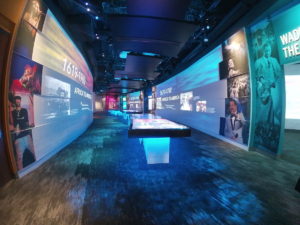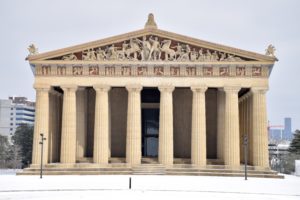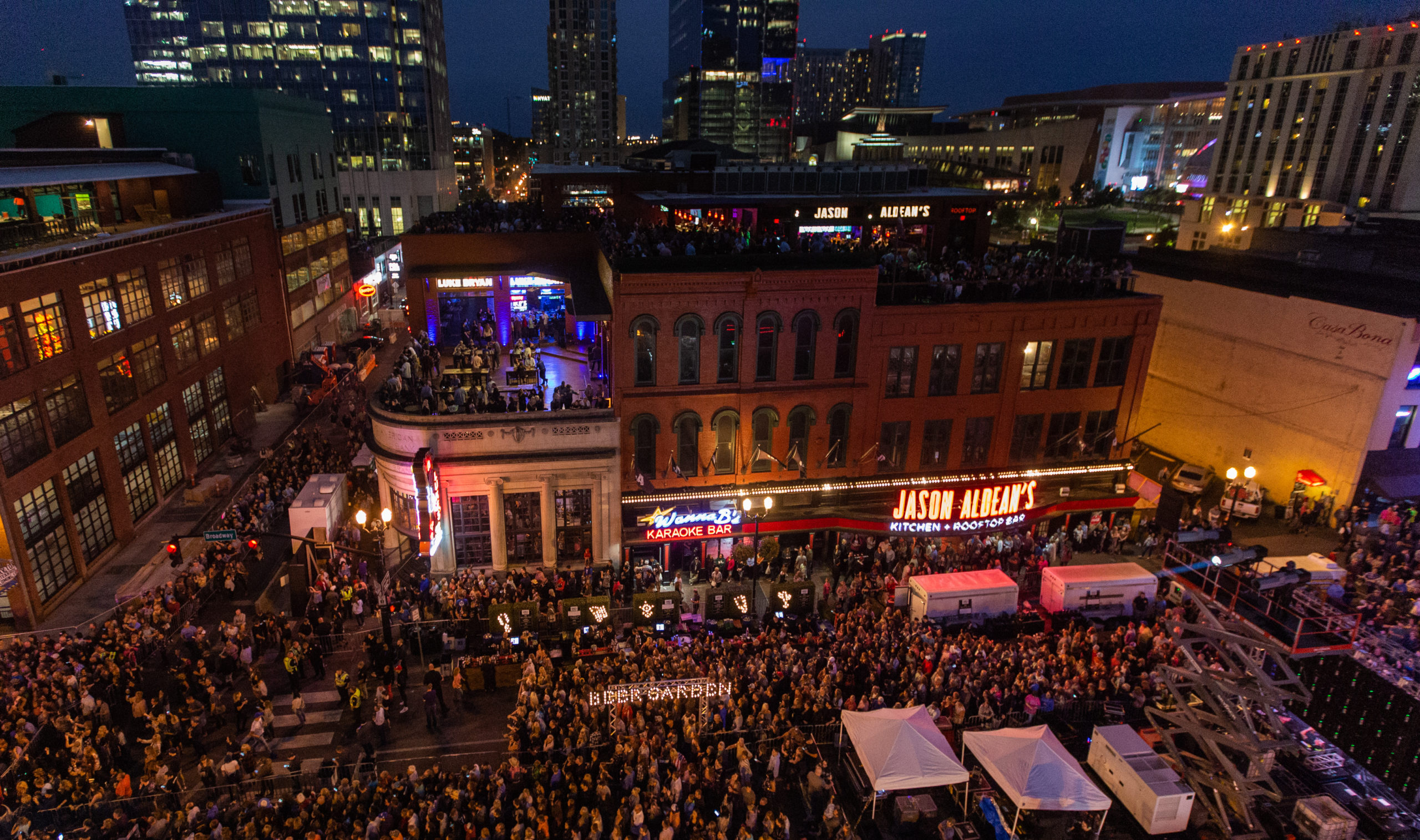- Small-town and big-city feel all in one place
- More than a dozen universities, including Fisk, Belmont and Vanderbilt
- Not just country music. Also rhythm and blues, gospel, hip hop and rock
- The Grand Ole Opry: the world’s longest-running live music radio show
- Lots of art — from the Frist Museum to art crawls
- Six 2020 James Beard semifinalists and, of course, hot chicken
- Diversity, including vibrant Black, Latinx, Asian and Middle Eastern communities
- A transportation hub. Beaches, mountains and most of the South, Midwest and East Coast are less than a day’s drive
- Vibrant pro hockey, football, soccer and baseball teams
- A cost of living that’s below the national average and no state income tax

Nashville is “Music City.” You may have heard that name before, but it’s hard to grasp its meaning without having lived here. Yes, it refers to the country stars. But it also refers to the session and touring musicians you’ve never heard of — world-class talents who live here so they can make art and still raise a family. It refers to the city’s rich Black music traditions — from the Fisk Jubilee Singers to the National Museum of African American Music. It refers to the fashion designers and the chefs, the visual artists and the writers who draw inspiration from the creative people around them.
Nashville is a crossroads. It is in the South, but you’re as likely to meet someone from the coasts or the Midwest here. The city has a strong international community, anchored by one of the world’s largest Kurdish populations. And the construction cranes that dot the skyline speak to the growth that’s still to come. Nashville is where all of America meets — north and south, east and west, native and foreign-born. Here, you will speak to the breadth of this country.

Nashville is “The Athens of the South.” Universities like Vanderbilt and Fisk were founded to create a new identity for this region. And during the civil rights era, Nashville was a center of nonviolent education and resistance — a place where activists planned sit-ins, freedom rides, marches and voter registration drives. Like anywhere, Nashville has its blind spots and fault lines — along race, class, sexual orientation and religion. The good news is, you’ll find an audience here that generally recognizes problems and wants to find solutions.
We invite you to come join us!


